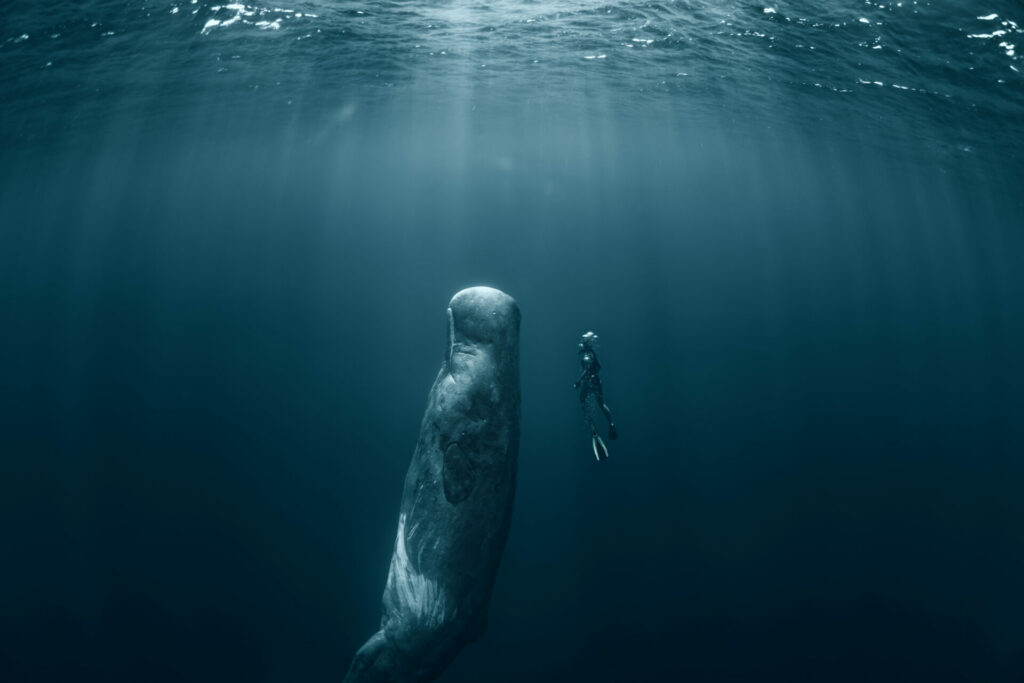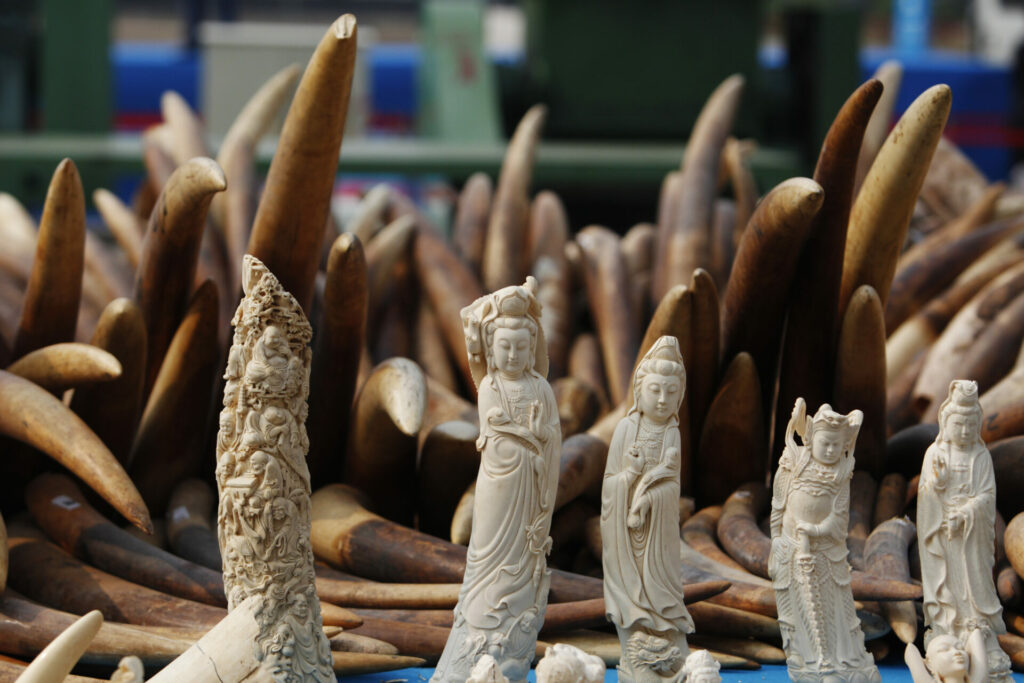Ivory imports into the UK from hippopotamuses, orcas, narwhals, sperm whales and walruses will be banned under new legislation to protect species from poaching.
The Ivory Act, passed in 2018, targeted materials from elephants, but did not reference other species. The extension to the ban will closes a loophole in British law.
Ministers have now decided to tighten the ban to include all ivory-bearing wildlife, so these will not be poached to fill the gap in the trade left by the elephant ivory ban.
Hippopotamus is the species most at risk of ivory exploitation after elephants, the Department for Environment, Food and Rural Affairs (Defra) said.


Along with walrus and sperm whale, it is classed as vulnerable on the International Union for the Conservation of Nature’s red list.
All three animals already face multiple threats from human activity including from pollution, shipping lanes, armed conflict and climate change, with the ivory trade adding extra pressure.
Trudy Harrison, Biodiversity Minister at Defra, said: ‘This is a pivotal moment in delivering one of our key manifesto commitments on international conservation. The Ivory Act is one of the toughest bans of its kind in the world and by extending greater legal protections to five more species, we are sending a clear message the commercial trade of ivory is totally unacceptable.’
A Welcome Ivory Ban
Ivory consists mainly of dentine, one of the physical structures of teeth and tusks. It is used for ornaments, musical instruments and jewellery, and animals are poached across the globe for profit.
Conservationists in the UK have welcomed the ban.

Frances Goodrum, Head of Campaigns and Programmes at the International Fund for Animal Welfare UK, said: ‘We welcome Defra’s decision to extend this powerful legislation, which will go a long way in cracking down on a damaging trade. Today is a good day for conservation and a step change towards international commitments to safeguard our natural world.’
Naturalist TV presenter Steve Backshall said: ‘This is an important moment in the conservation of these iconic species. There is widespread public support for the ivory ban and today by extending it further we are sending a clear message that there is no place in the UK for this vile trade.’
Under UK law punishment for breaching the Ivory Act is an unlimited fine or five years in jail.














